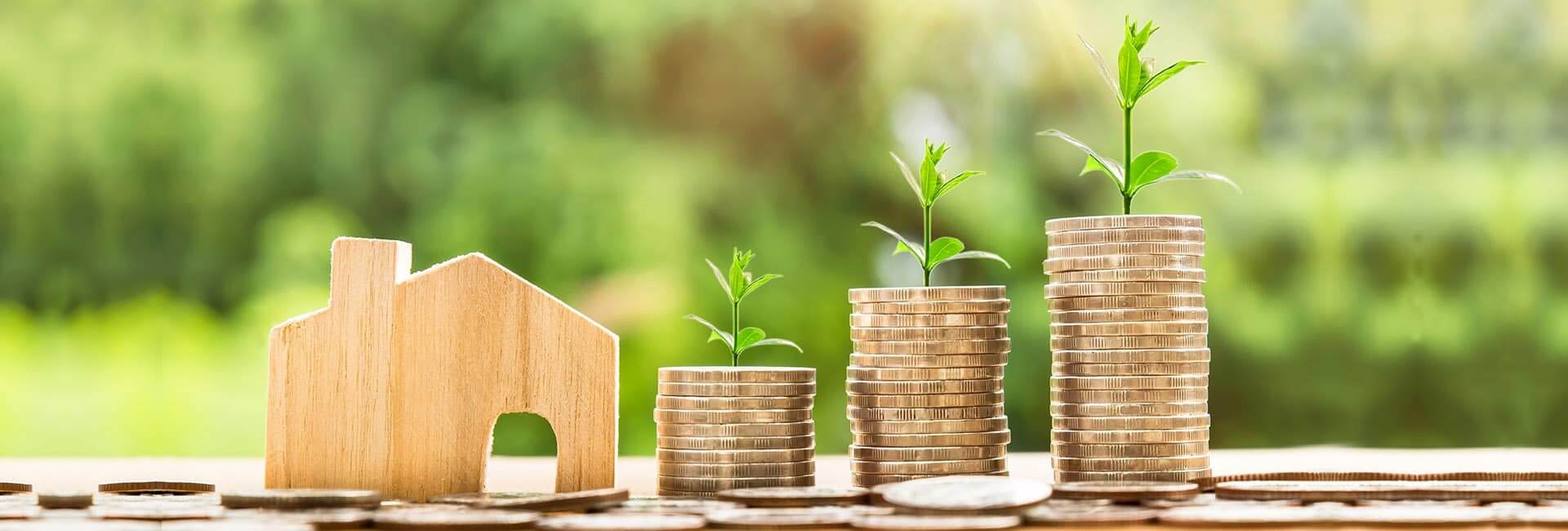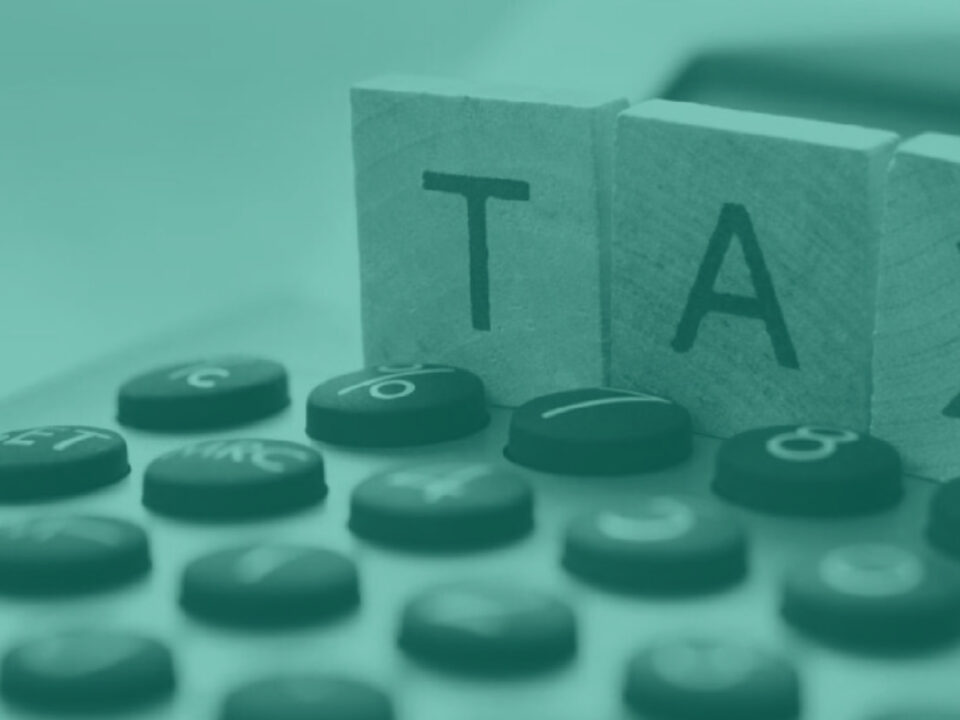This article was updated on July 7th, 2023
- Services
- [email protected]
- Dubai: +971 4 878 6240 Riyadh: +966 56 865 2329

Will UAE E-Channel Streamline Your Company Labour & Immigration Services?
August 7, 2018
UAE VALUE ADDED TAX: WILL IT INCREASE OR DECREASE?
This article has been researched and written by Scott Cairns and the team at Creation Business Consultants and has not used AI in generating this article.
At the start of 2018, the UAE introduced Value Added Tax (VAT) at a rate of 5%. Initially, business owners were concerned with the impact this would have on their business.
Let’s review VAT statistics and trends for Europe, North America, and Asia-Pacific regions to see what could be in store for the UAE and the wider-GCC.
UNITED KINGDOM
In 1973, the United Kingdom introduced VAT, the Conservative Chancellor Lord Barber set a single VAT rate at (10%) on most goods and services. Today, VAT is the third largest source of government revenue, after income tax and national insurance.
Businesses may choose to register even if their turnover is less than that amount. All registered businesses must charge VAT on the full sale price of the goods or services that they provide unless exempted or outside the VAT system. The default VAT rate is the standard rate, currently at 20%. Some goods and services are charged lower rates (reduced or zero).
The below table displays the increase rate of VAT over the years.
| UK STANDARD VAT RATES | |
YEARLY CHANGES | VAT RATE |
1979 – 1991 | 15.0% |
1991 – 2008 | 17.5% |
2008 – 2009 | 15.0% |
2010 – 2011 | 17.5% |
2011 – Current | 20.0% |
Currently, there are over 5,000 British companies in the UAE. When you compare the UK VAT rate to the UAE rate, we predict many UK firms will still want a UK company setup in Dubai due to the comparatively low VAT rates.
INDIA
VAT was introduced into Indian taxation system from April 2005. The existing general sales tax laws were replaced with the Value Added Tax (2005) and associated VAT rules.
With effect from July 2017, Indirect Taxes such as: Excise Duty, Value Added Tax/ Central Sales Tax, Service Tax, Entry Tax/ Octroi Tax etc. was replaced with a single levy of Goods and Service Tax (GST).
| GOODS AND SERVICE TAX (GST) | |
| PARTICULARS | RATE |
| Standard rate | 18.0% |
| Reduced rate/other supplies apply to: fruit juices, medicines and paper | 12.0% |
| Super reduced rate/other supplies apply to: food grains, tea and fertilisers | 5.0% |
| Exports and supplies to Special Economic Zones | 0.0% |
| Fresh fruits, vegetables, cereal, and bread to mention a few | Exempt |
| Higher rate applies to luxury/sin goods such as: cars, tobacco and paints. | 28.0% |
Bilateral trade between India and the UAE amounts to around $53 billion. UAE is India’s third largest trading partner; India is the largest trading partner for the UAE. Therefore, the impact of 5% VAT and any slight incremental increases should not affect the strong ties and will continue to see India’s top investors and entrepreneurs starting a business in Dubai.
AUSTRALIA
The Goods and Service tax in Australia is a Value Added Tax of 10% on most Goods and Service sales. There are some exceptions such as: certain food, healthcare, and housing items. GST is levied on most transactions in the production process and in many cases refunded to all parties in the chain of production other than the final consumer.
All Australian businesses whose turnover is above the minimum threshold (currently at $75,000 per annum) are required to register for GST. Those businesses whose turnover is below the threshold may also register if they wish to.
UAE is Australia’s fifteenth largest trading partner and largest export destination in the Middle East. The UAE is a major hub for Australian firms looking to do business in the Middle East and North Africa. We expect Australian companies will continue to look to the UAE and have an Australian business setup in Dubai regardless of the 5% VAT in the UAE.
CANADA
Canada has a mix of Federal and Provincial VAT (Sales Tax Systems). Generally, the federal Goods and Services tax (GST) applies to taxable Goods and Services supplied in Canada. The Harmonized Sales Tax (HST) is merged federal/provincial Sales Tax that includes a 5% federal component and provincial component that varies from 8% to 10%. HST applies in the provinces of Ontario, New Brunswick, Nova Scotia, Prince Edward Island and newfound land and Labrador. The province of Québec applies its own Value Added Tax (VAT), the Québec Sales Tax (QST).
There have been changes in the rates of indirect taxes all over Canada. Currently the rate of GST is ranging from 12% to 15% throughout various states.
SINGAPORE
April 1994, GST was implemented at a single rate of 3% with the assurance that it will not increase for at least five years. Singapore’s GST rates at 3% was among one of the lowest in the world. The focus with the introduction of GST was not to generate substantial revenue, but to enable its citizen’s time to adjust.
| SINGAPORE STANDARD VAT RATES | |
YEARLY CHANGES | VAT RATE |
1994 | 3% |
2003 | 4% |
2004 | 5% |
2007 – Current | 7% |
Goods and Service Tax (GST) is set to increase from 7% to 9% over the years from 2021 to 2025. The government is planning to increase spend over the years on healthcare, infrastructure, and security.
Singapore Government explored various options to manage their future expenditure through judicious spending, saving, and borrowing for infrastructure. As a result, there was the need to slightly increase the rate of GST. It is suggested that this percentage point will provide the government with an increase in revenue of almost 0.7%.
Many Singaporean multinational corporations have chosen to locate their MENA regional headquarters in the UAE. It is a central hub and easily enables operations across multiple time zones. Should the UAE slightly increase VAT we doubt this influence the number of business setup in UAE.
We can identify that once VAT has been introduced to a country, trends reveal over time, and it steadily increases. Creation Business Consultants Managing Director – Scott Cairns foresees that “the UAE will not increase the rate of VAT…. Just yet. The introduction of VAT has been generally well accepted by businesses and consumers alike. If the VAT rate were to increase around this time, most foreign investors would not notice a few percentage points increase whilst government coffers would benefit immensely.”
Our team of experts will leverage our experience to help understand the latest changes while simultaneously providing you with all the details needed to run your company in Dubai and the UAE. Speak to one of our Corporate Structuring or tax consultants today for your free 30-minute consultation, email [email protected], or call +971 4 878 6240 Saudi Arabia +966 54 511 2494
Creation Business Consultants will keep you informed about the latest regulations which could impact your business. Follow us on social media each week we run Tax Tuesday sessions and updates on the latest tax news and trends.
Related posts




